Biography of Bill Gates
Bill Gates, born William Henry Gates, is the entrepreneur who founded Microsoft and created the revolutionary operating systems MS-DOS and Windows. He has topped the list of the world's wealthiest individuals 18 times. He dedicates a massive portion of his wealth to philanthropy. Net worth: $133 billion.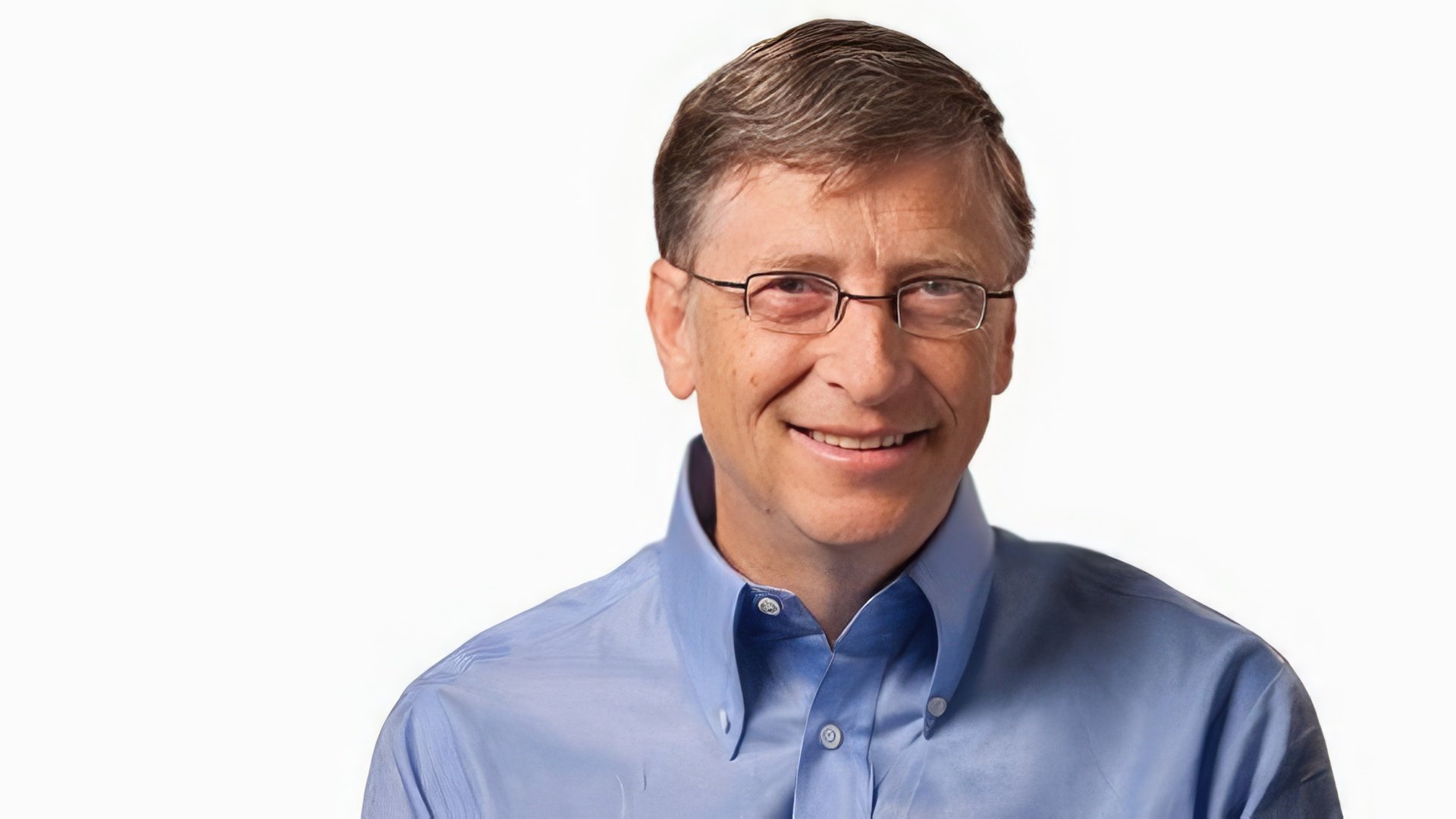
Childhood and Family
Bill grew up in an upscale Seattle neighborhood, part of a wealthy and prominent family. His father, William H. Gates, was a prominent lawyer, while his mother Mary taught school and actively participated in charitable work, serving on the board of United Way of America. Bill was the second child, with an elder sister, Kristi, and a younger one, Libby.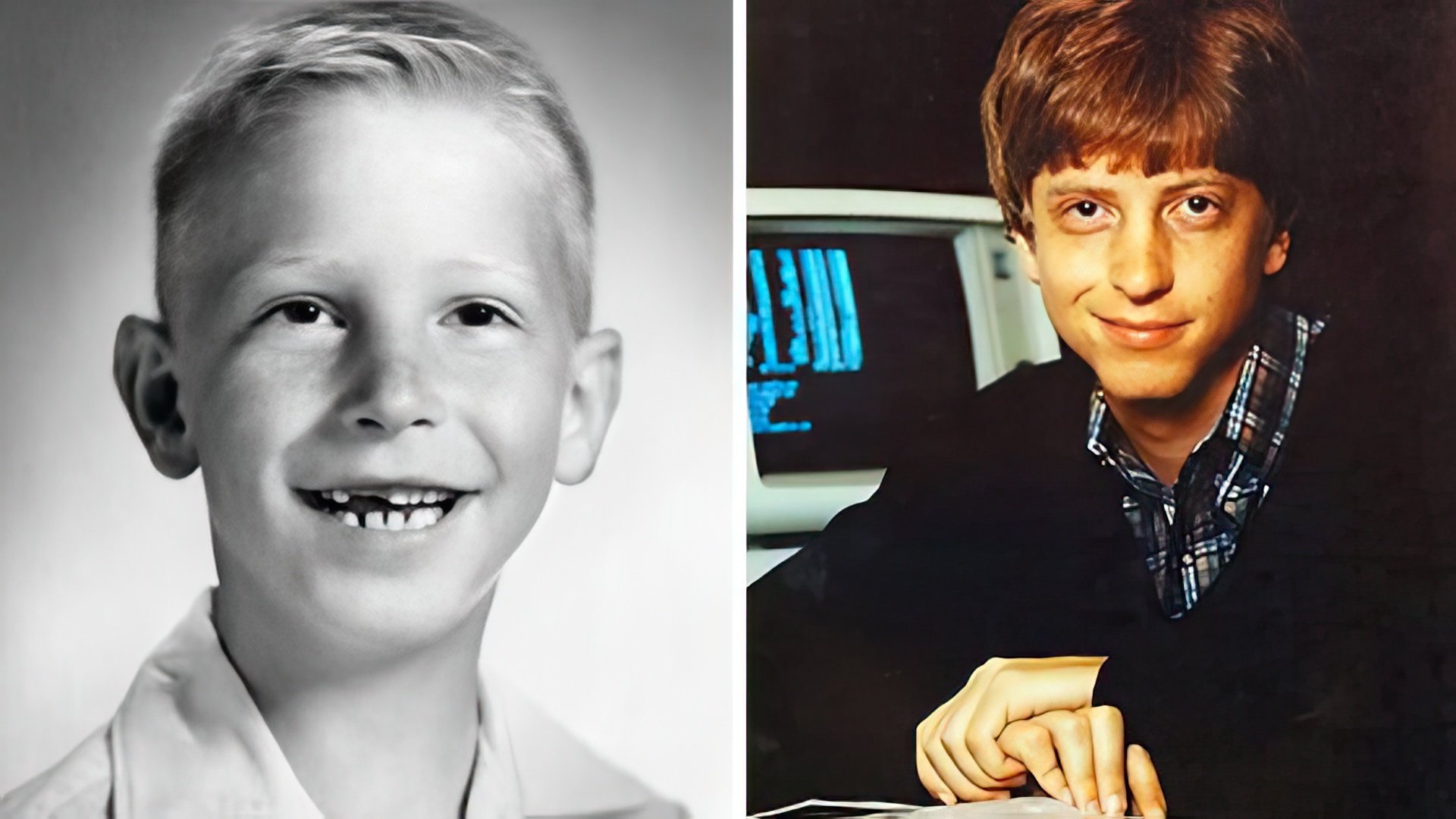
Taking this advice to heart, his parents stopped limiting Bill's independence. By age 13, he was allowed to spend nights at the University of Washington, which had a lab with cutting-edge computers (back when personal computers didn't exist), diving deep into his passion.
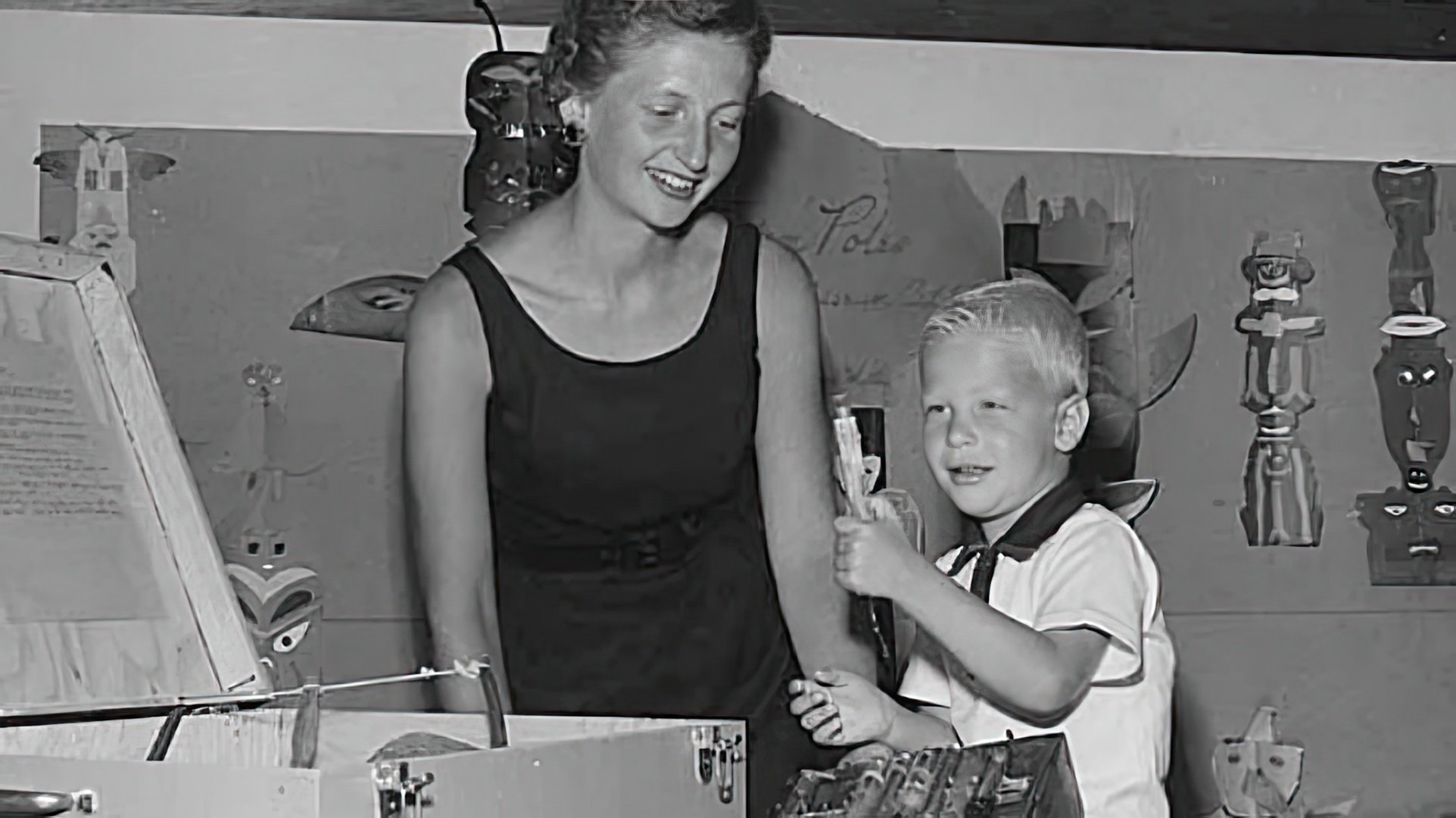
Bill's parents pushed him to try things beyond his comfort zone. He didn't like swimming, football, or music, but he tried them anyway—though he quit the trombone pretty fast. Bill often wondered why his parents made him do things he wasn't good at. They believed that trying new things would develop his mind and teach him that failure is just part of life.
Growing up in a Protestant home, young Gates was raised with strong Biblical values. Mary would often repeat, "To whom much is given, much will be required," stressing their responsibility as a wealthy family to help those less fortunate. The Gates kids were never selfish—they learned early about the importance of charity and giving back to the community.
At school, Bill Gates quickly stood out as one of the brightest students. From elementary school on, teachers noticed his incredible abilities, amazing photographic memory, and exceptionally high IQ. While other kids played outside, Bill buried himself in a 20-volume encyclopedia, carefully reading every single page.
An Introduction to Computers
In 1967, Gates enrolled at the prestigious Lakeside Middle School, where he first discovered the school's teletype. This device, reminiscent of a fusion between a typewriter and a printer, lacked any graphical display. Gates became so obsessed with programming that he spent all his time in the computer lab, often skipping other classes.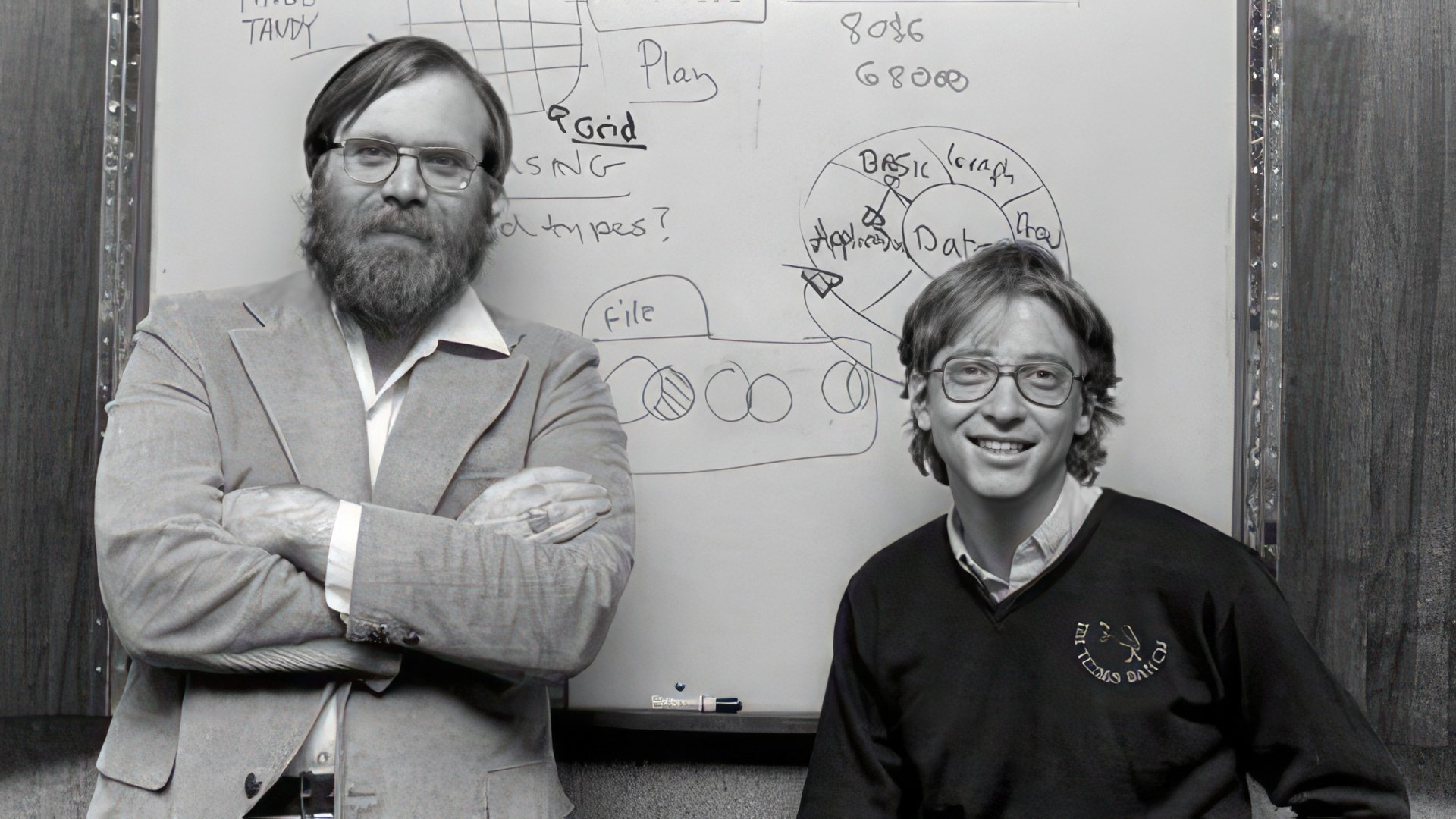
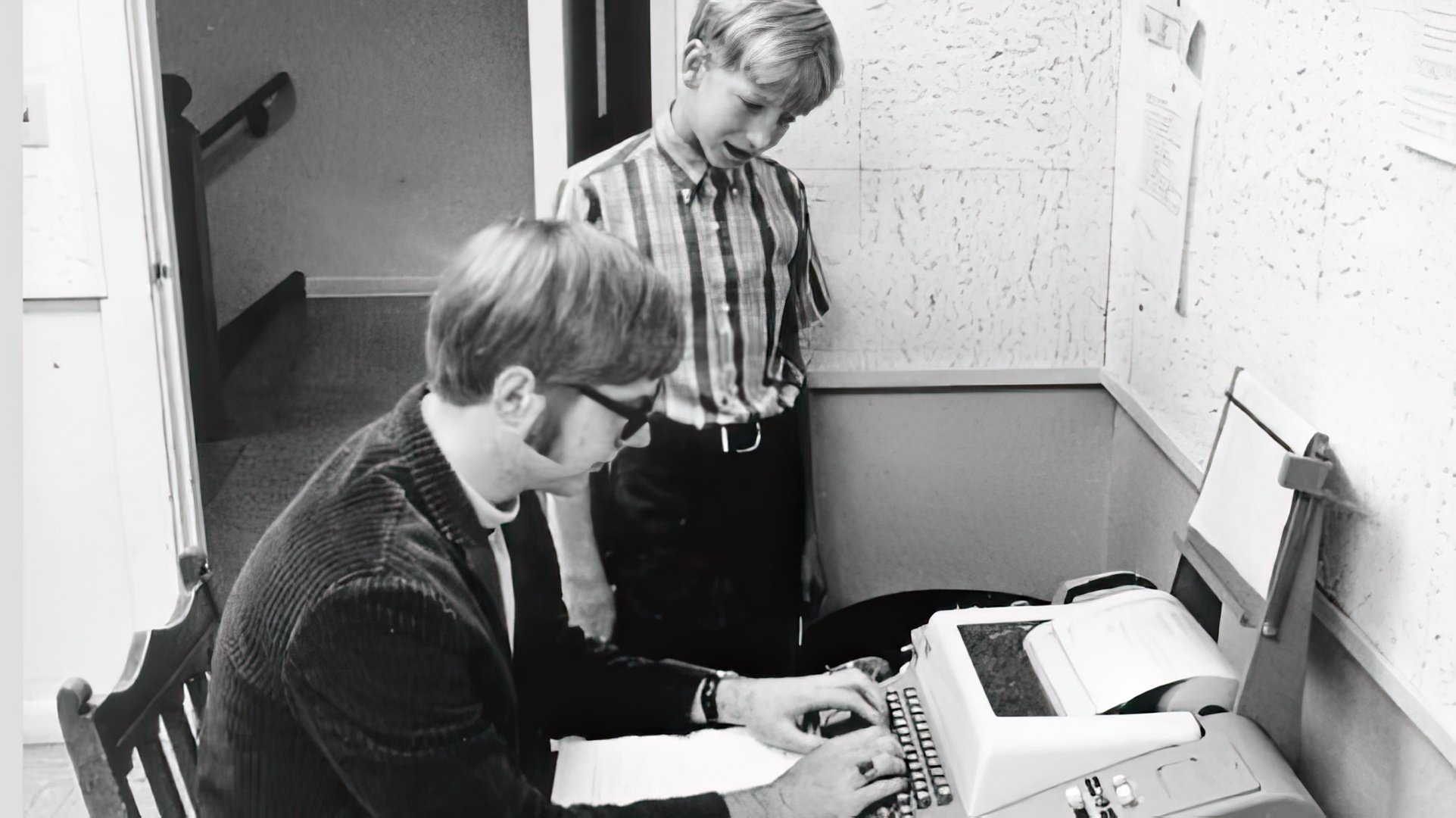
By age 17, Gates, then a high school senior, collaborated with a friend to develop a program analyzing road traffic. This project earned them $20,000, and their subsequent contract — to design an analytical program for a hydroelectric plant — earned them a staggering $30,000.We recognized that microprocessors were the future and were baffled as to why others couldn't see it.
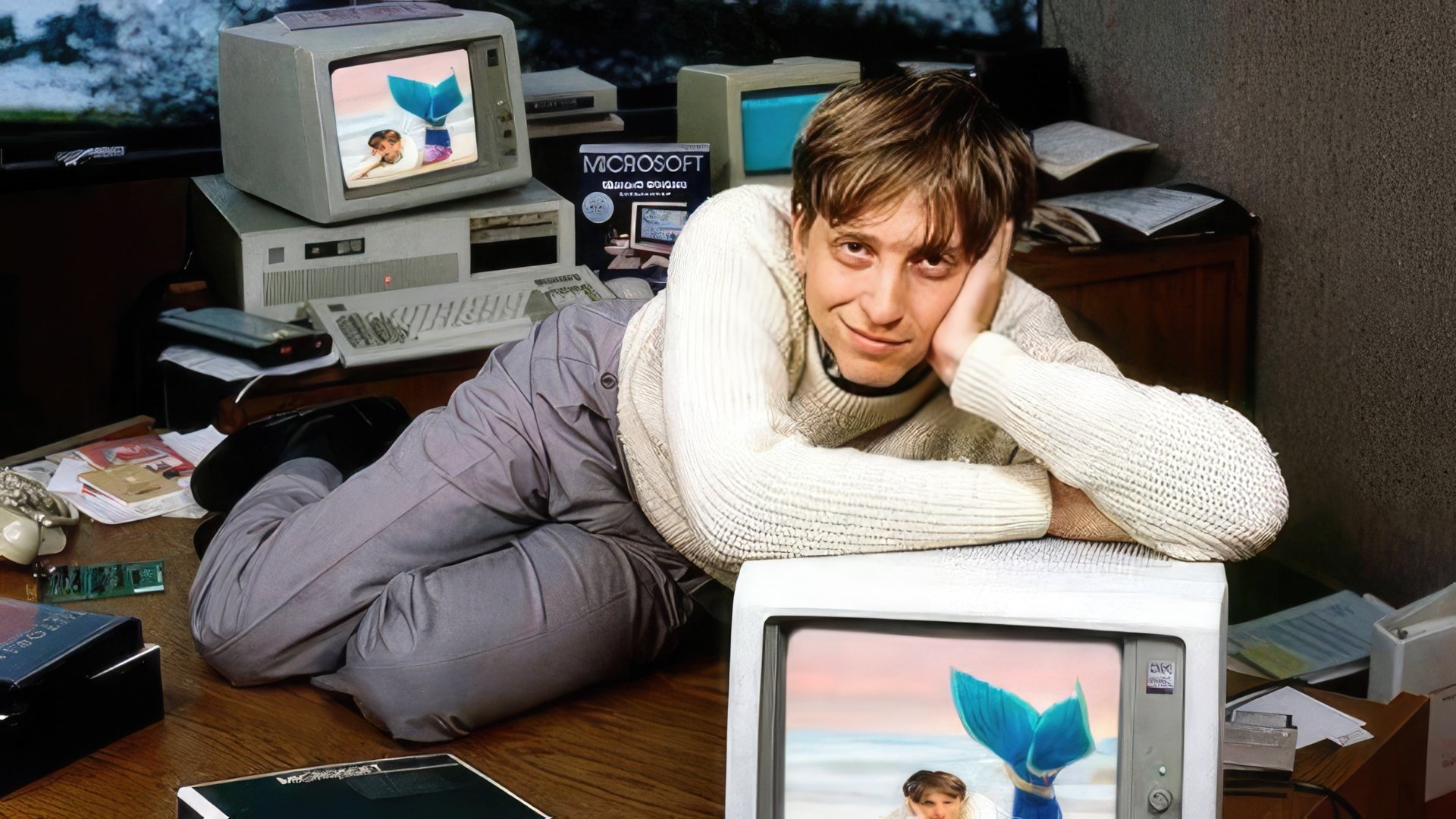
The Genesis of Microsoft
After finishing high school, Gates enrolled at Harvard University, where he continued his passion for programming. In 1974, he came across an article about the inaugural portable computer, the "Altair". Bill and Paul contacted its creators with a proposal to develop software for this new device.After getting approval, they immediately got to work. Creating these programs often meant working all night, especially since they were exploiting Harvard's computing resources, much to the frustration of the university's administration.
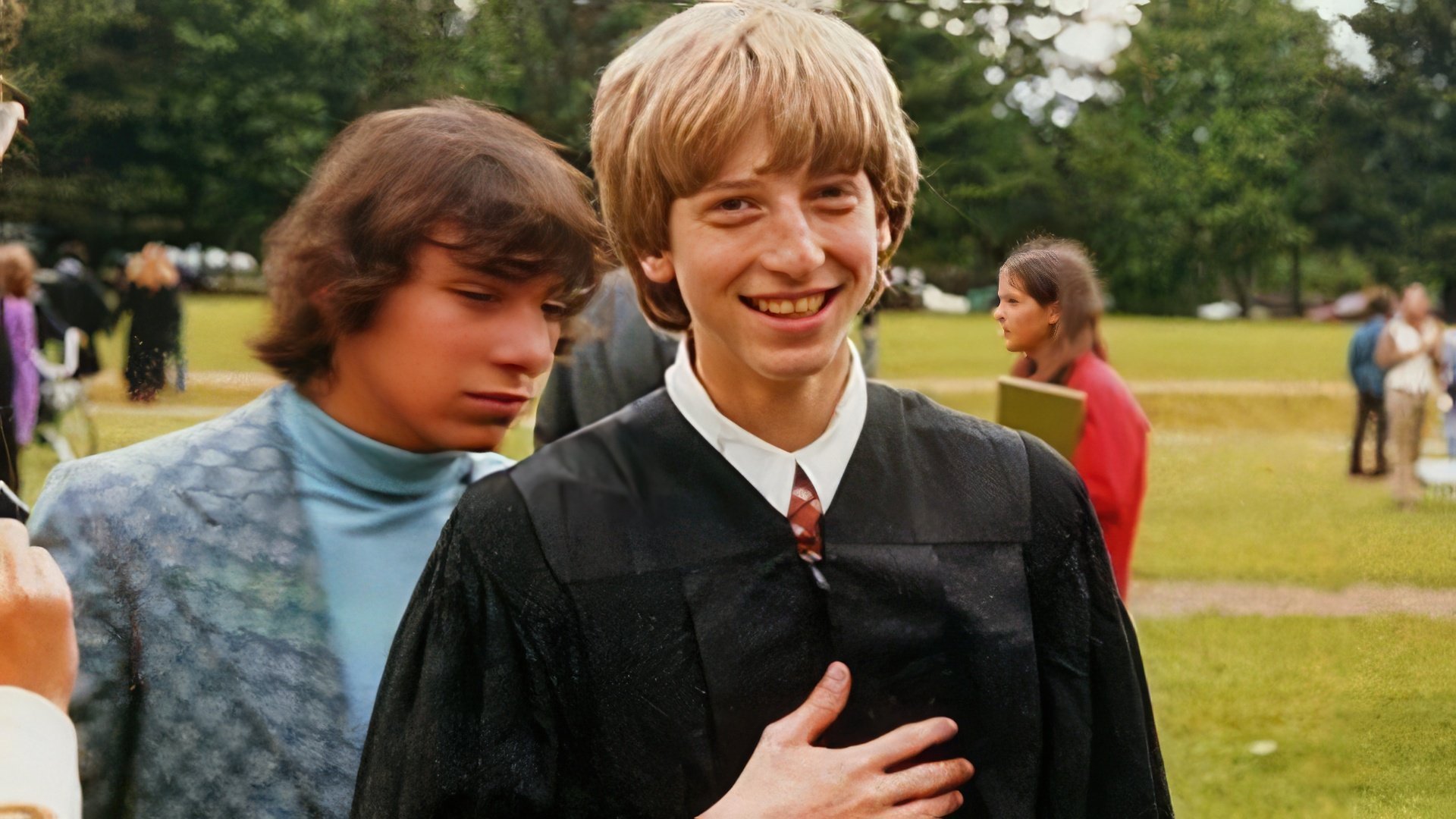
To his parents' dismay, Gates dropped out of college, dedicating himself completely to his beloved company. Returning to Seattle, the duo secured a modest office in its suburbs. By 1978, the growing company had just eleven employees, with Bill handling contracts and dealing with clients, while Paul led the technical side.
The Birth of a Billionaire
At just 24, Gates signed a game-changing contract with IBM that would eventually launch him to the top of the global wealth and power pyramid. The world's leading computer company needed an operating system for its new project, and Microsoft stepped up to the plate. Behind this huge deal was Gates' mother, who connected her son with IBM's top brass. But that doesn't take away from Gates' own sharp instincts and persuasive skills, which were crucial in landing this high-stakes deal.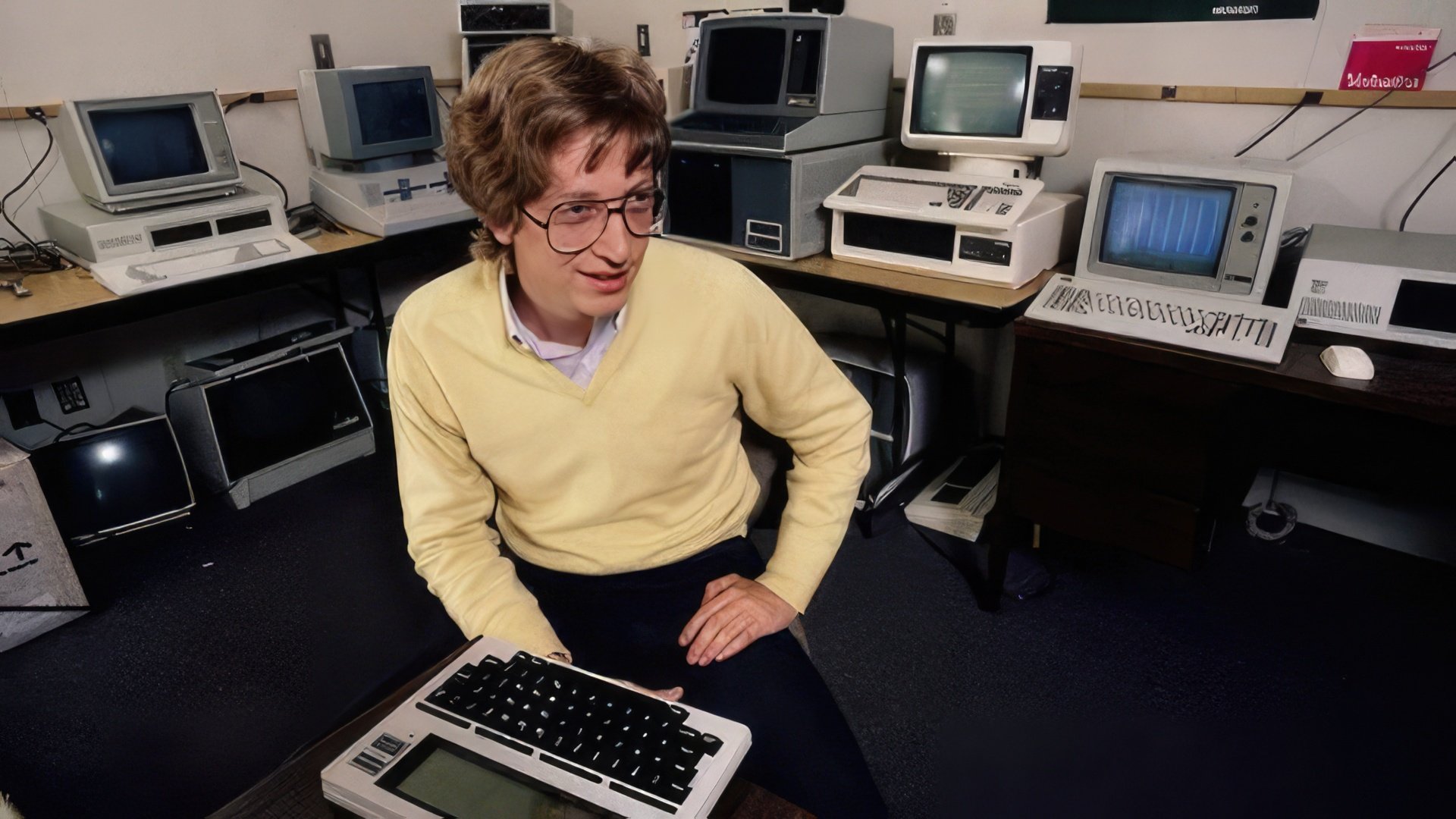

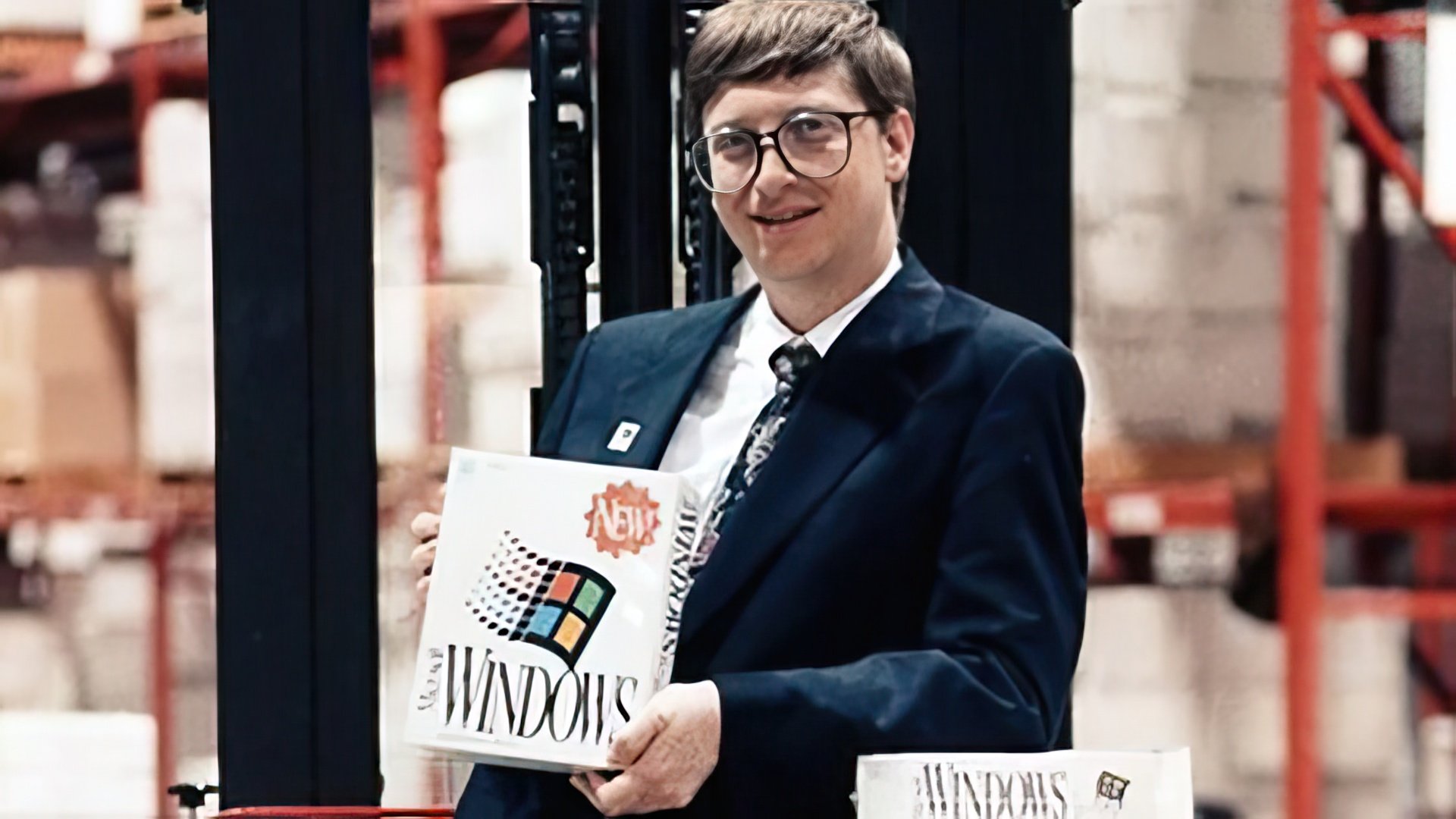
1983 heralded the debut of Microsoft Windows, an OS that was a derivative of MS-DOS but boasted a user-friendly graphical interface. Its key feature, the window frame manager (where clicking a link or button opens a new window, separate from others), might seem ordinary today, but in 1983, it was absolutely revolutionary. It made using computers much easier, eliminating the need to manually type in file directories.
Around this time, Microsoft also launched Word, the text editor that's still a go-to for most PC users today. Of course, today's version is completely different from the original. Similarly, Microsoft Excel, released in 1985, quickly crushed the competition in spreadsheet software.
Life After Microsoft
In June 2008, Bill Gates stepped down as the leader of Microsoft to focus on philanthropy and social causes. But this didn't mean he was cutting ties with his brainchild completely. Until 2010, Gates remained the Chairman of the Board, though without executive powers. He also kept a significant 8.7% stake in the company.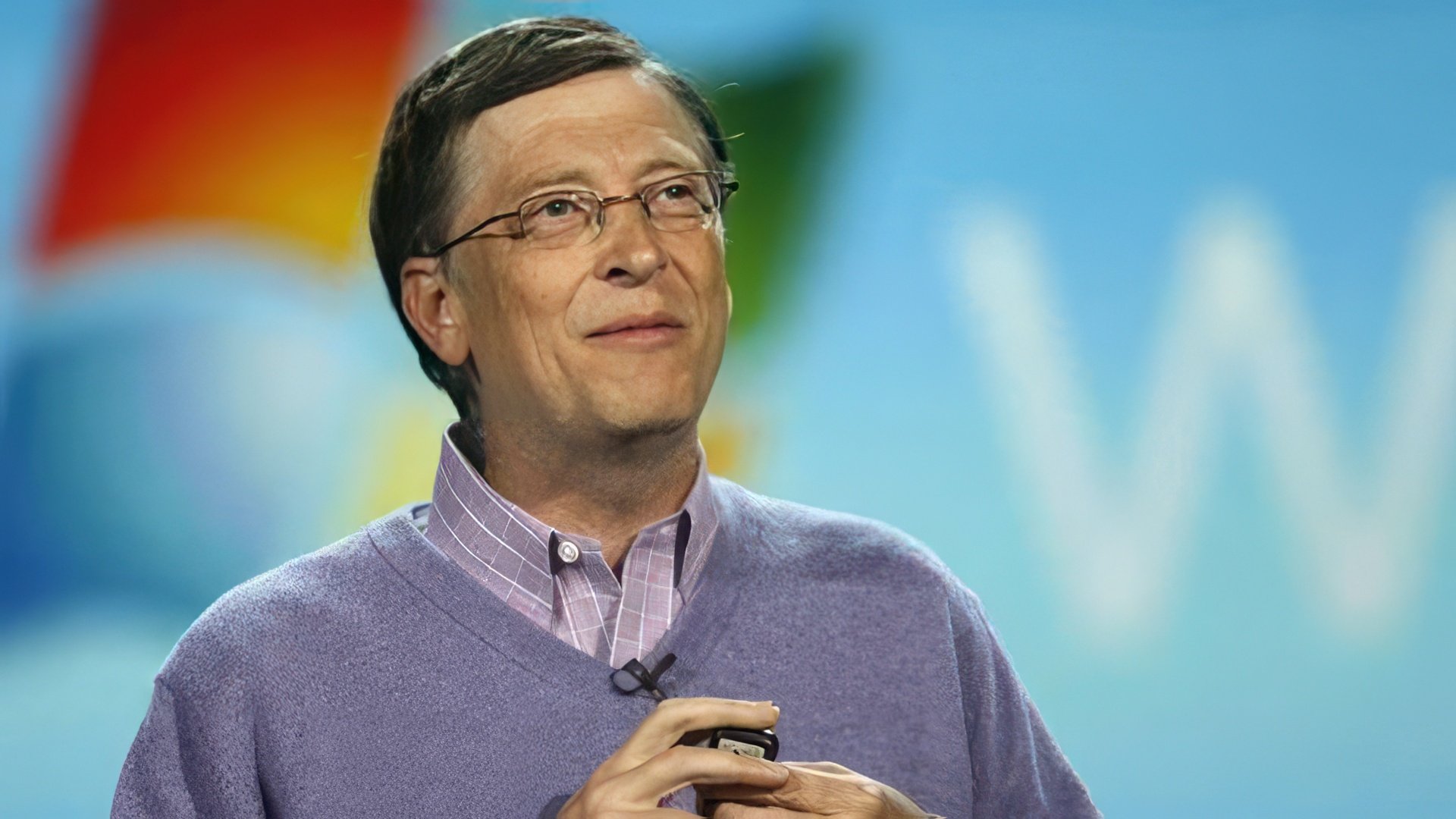
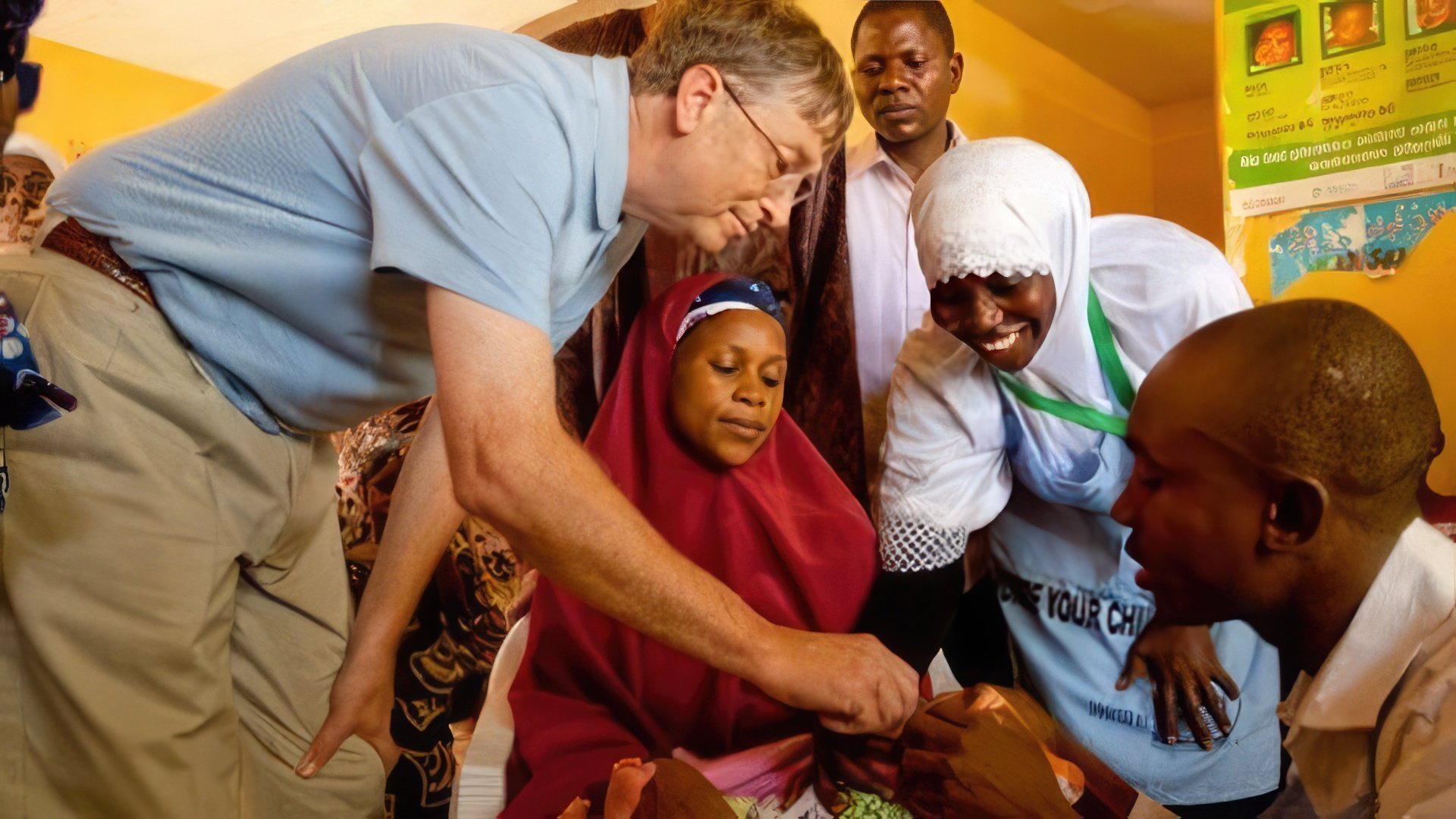
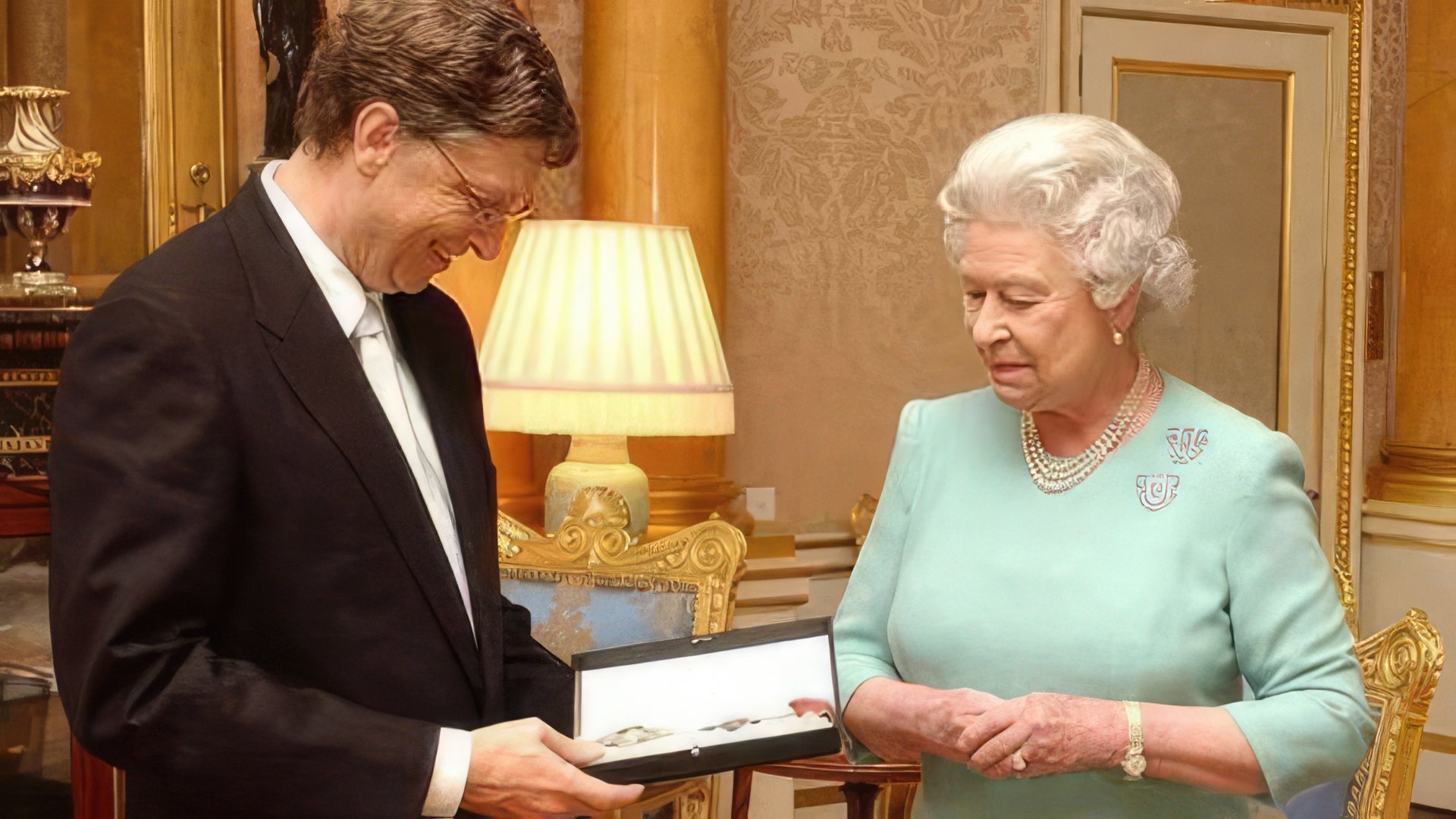
In 2000, with his wife Melinda, he created a charitable foundation focused on improving healthcare in developing countries.
In 1999, Gates renamed his charitable institution the Bill & Melinda Gates Foundation, focused on strengthening healthcare in developing countries and education in the US. In 2005, Time magazine named the couple "Persons of the Year".
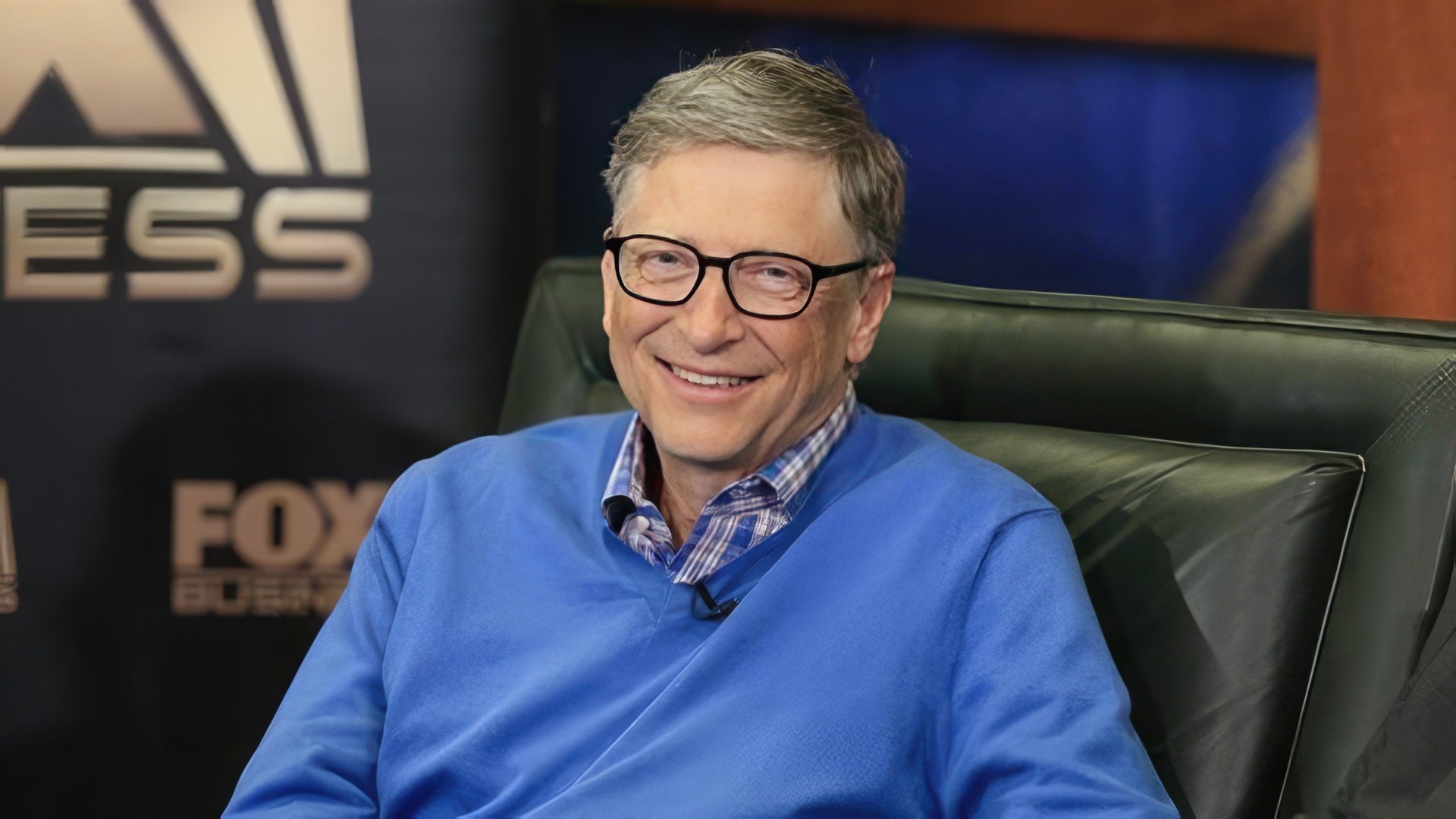
In early 2018, Bill Gates declared his intent to invest around $12 million in flu vaccine research. He also revealed that he declined an offer to be Donald Trump's science advisor.
Bill Gates' Personal Life
From 1994 to 2021, Bill was married to Melinda French (now Gates), a former Microsoft marketing executive. A Duke University graduate, she studied computer science with a focus on economics. Melinda is nine years younger than her now ex-husband. The couple met in 1987 and dated for nearly seven years before getting married.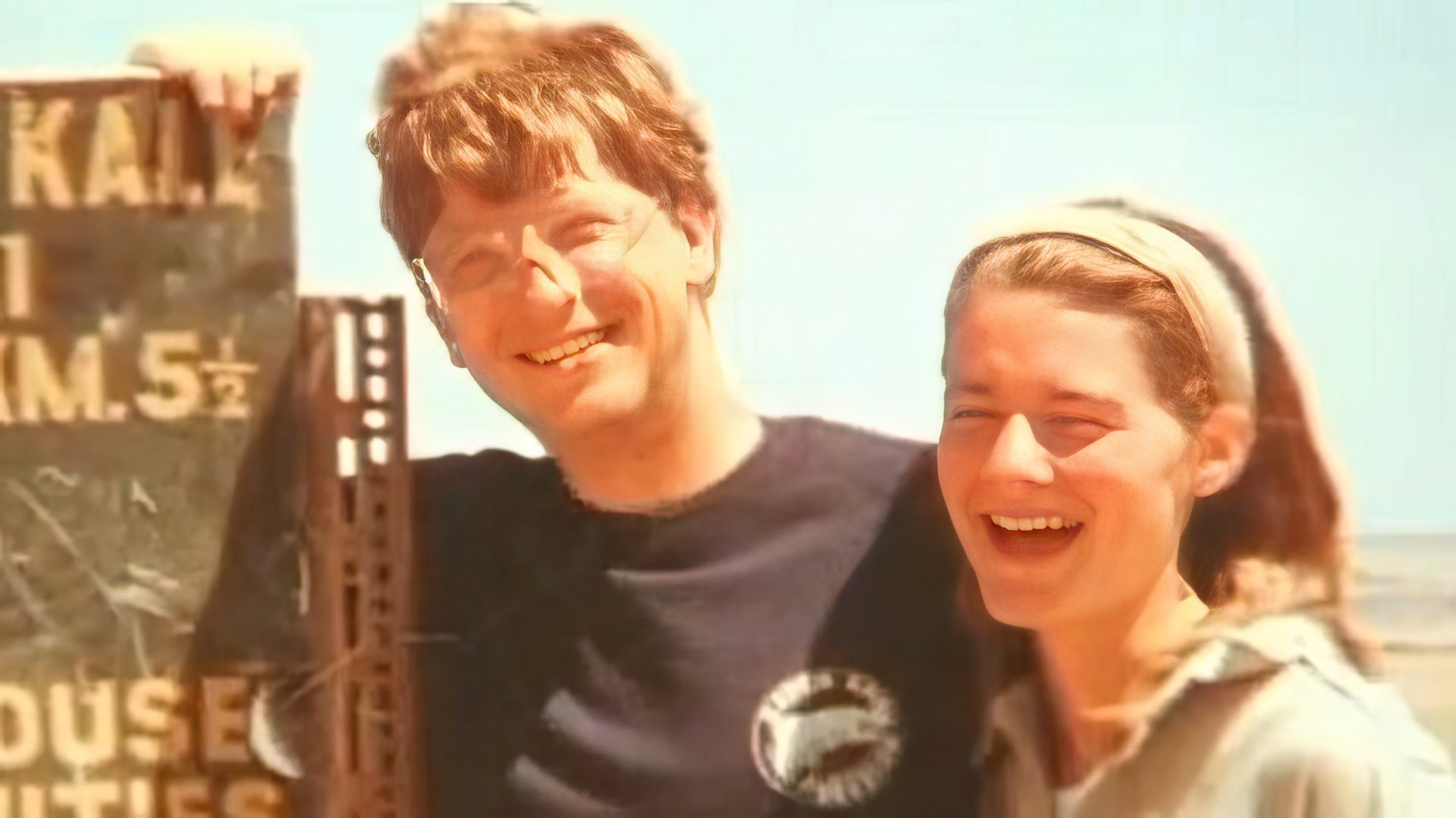
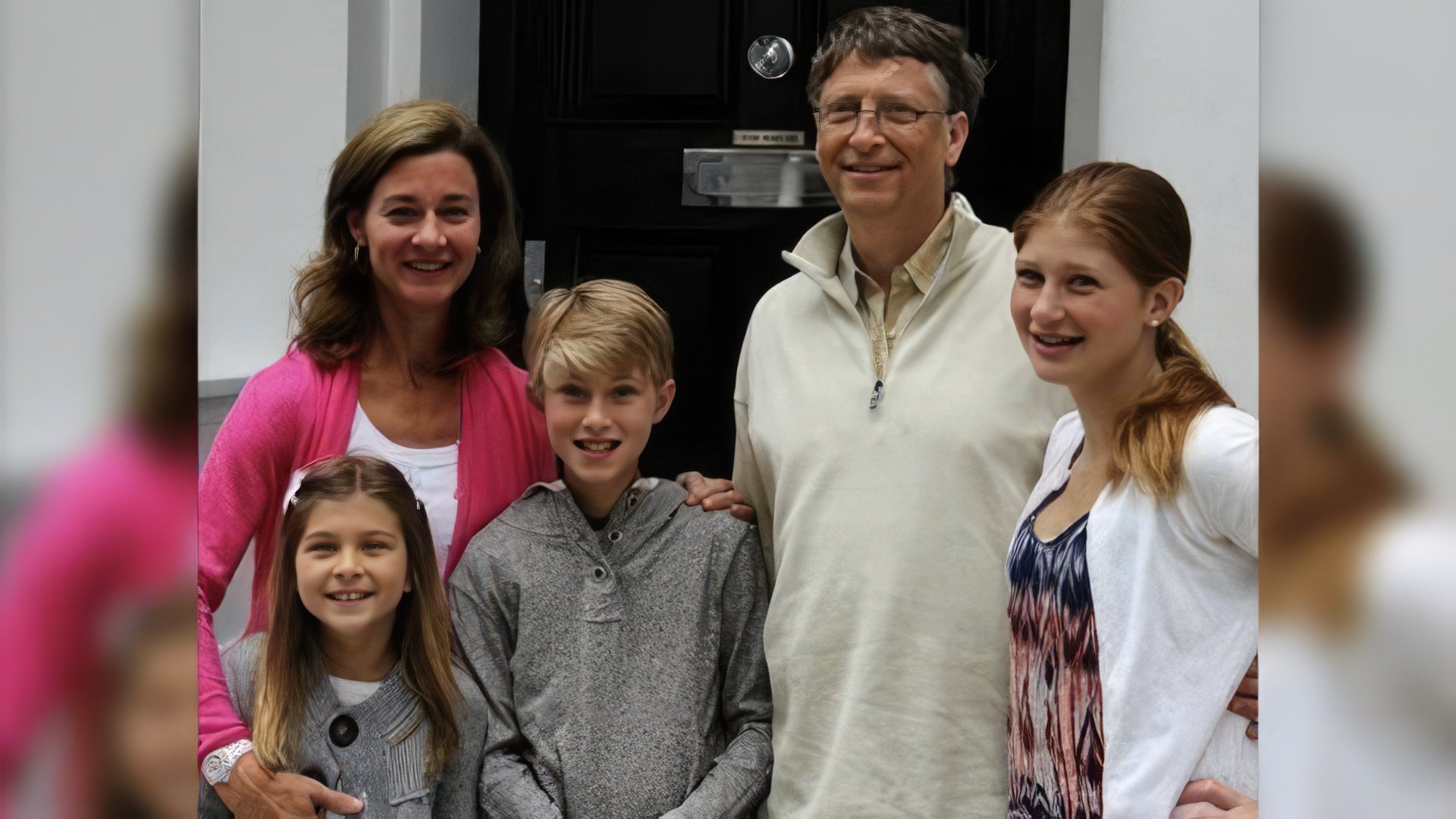
The Gates family resides in a vast mansion situated along the scenic shores of Lake Washington. This residence can truly be called a house of the future, equipped with cutting-edge technology that allows comprehensive control.
Bill Gates Now
In 2020, Bill Gates' forecasts regarding the most lethal threat to humanity came to pass. For years, he repeatedly warned of a potential pandemic that could claim millions of lives. Ironically, conspiracy theorists accused Gates himself of orchestrating the global coronavirus outbreak, alleging his support for global vaccination demonstrated vested interests in widespread illness.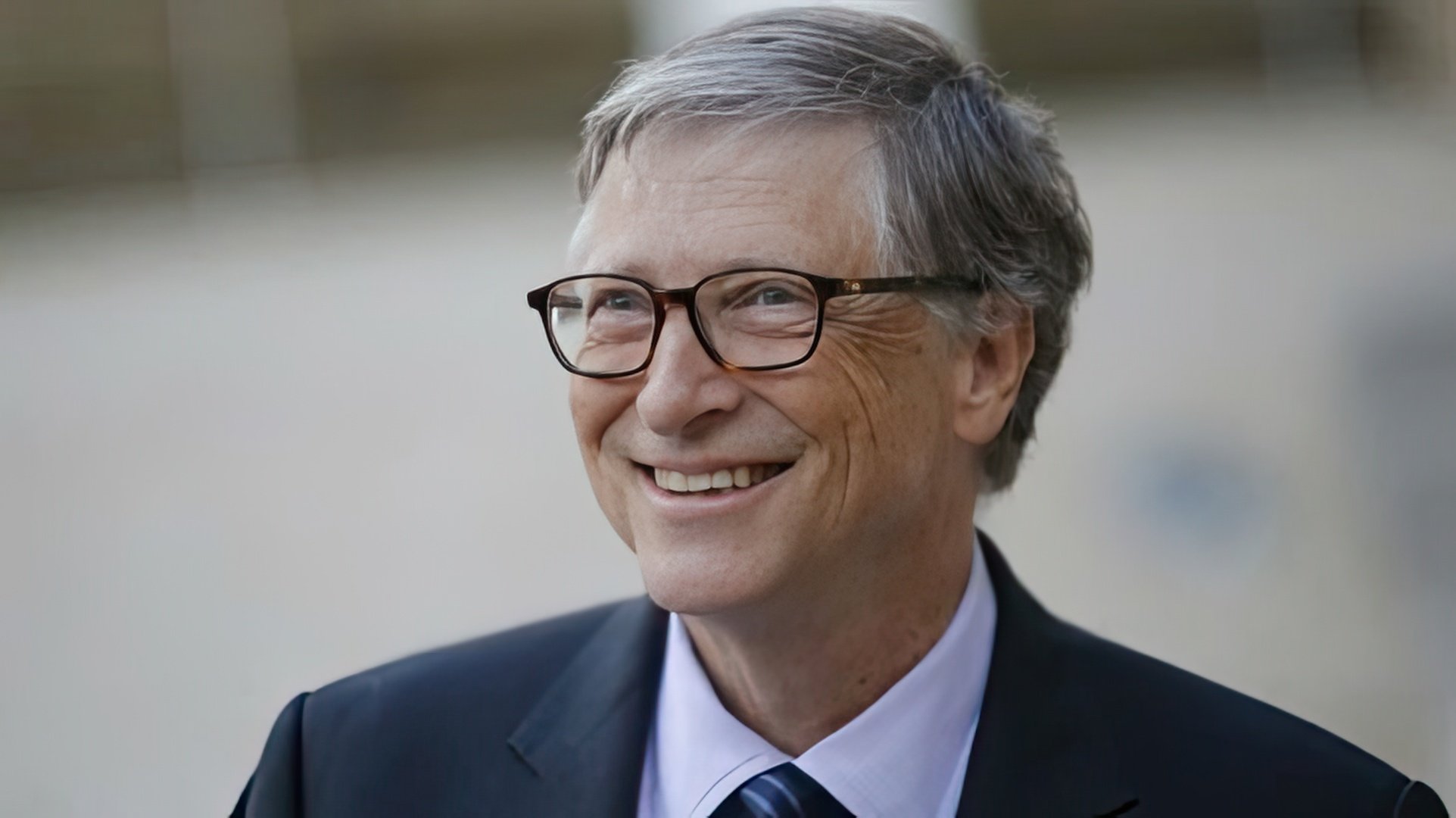
In the fall of 2020, Bill Gates publicly spoke about the second wave of the coronavirus. He emphasized that people worldwide would face worsening circumstances due to the disease and its consequences. According to the businessman, with the onset of colder weather, people would spend more time indoors, inevitably leading to a surge in infections. His predictions proved correct: a second wave began in December, and unfortunately, it wasn't the last.As of 2020, Bill Gates' wealth exceeded $100 billion. Despite this, the billionaire has excluded his children from his will, intending to leave all his money to his charitable foundation
Gates donates billions to medical advancements, buys coronavirus vaccines for poor nations, and genuinely wonders how his fellow billionaires (Jeff Bezos, Elon Musk, and Richard Branson) can spend vast fortunes on space programs while Earth still faces countless unresolved issues.
Found an error? Select the text and press Ctrl+Enter
Error in the text? Select it — a send button will appear
Publication Details
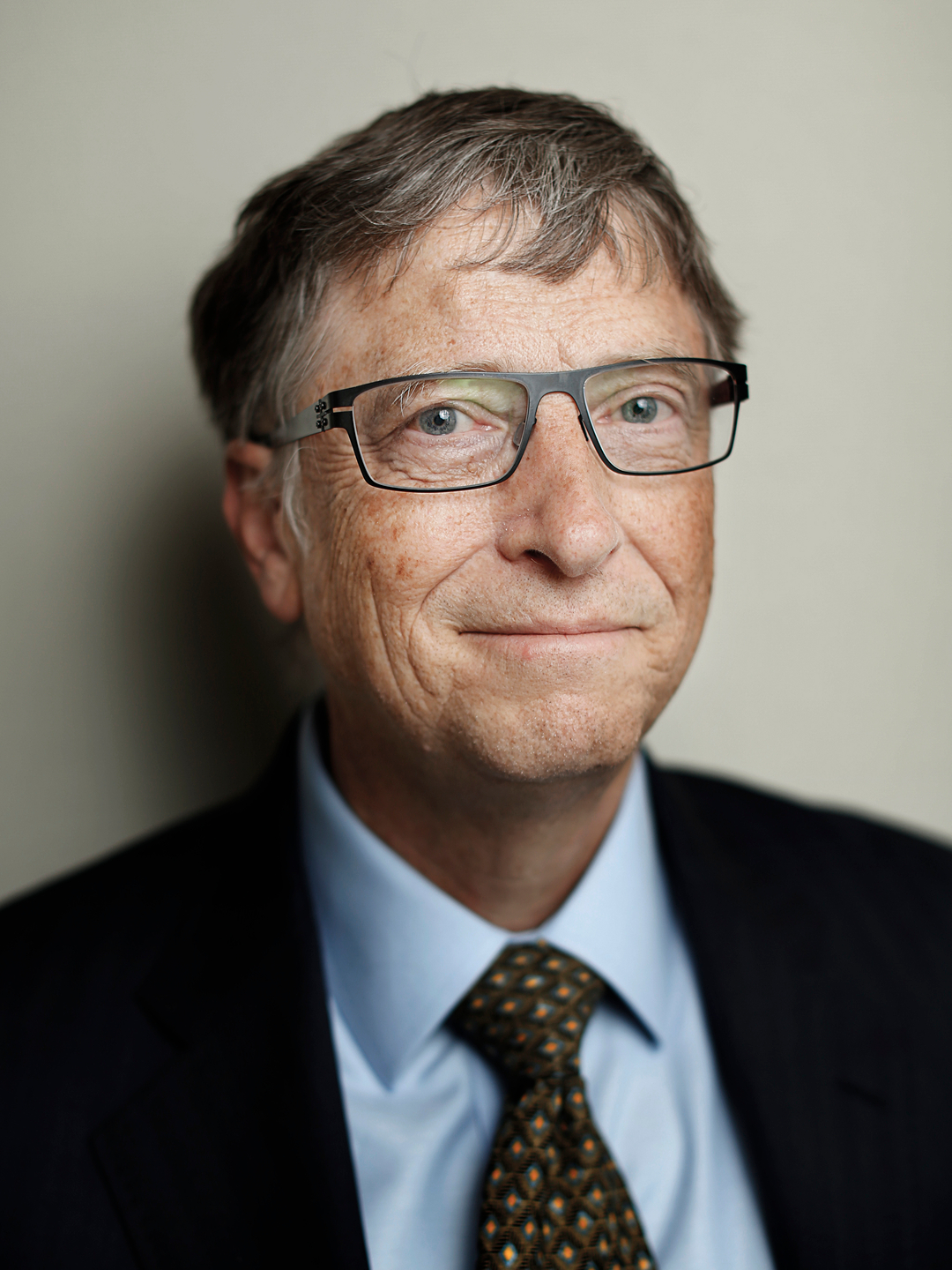
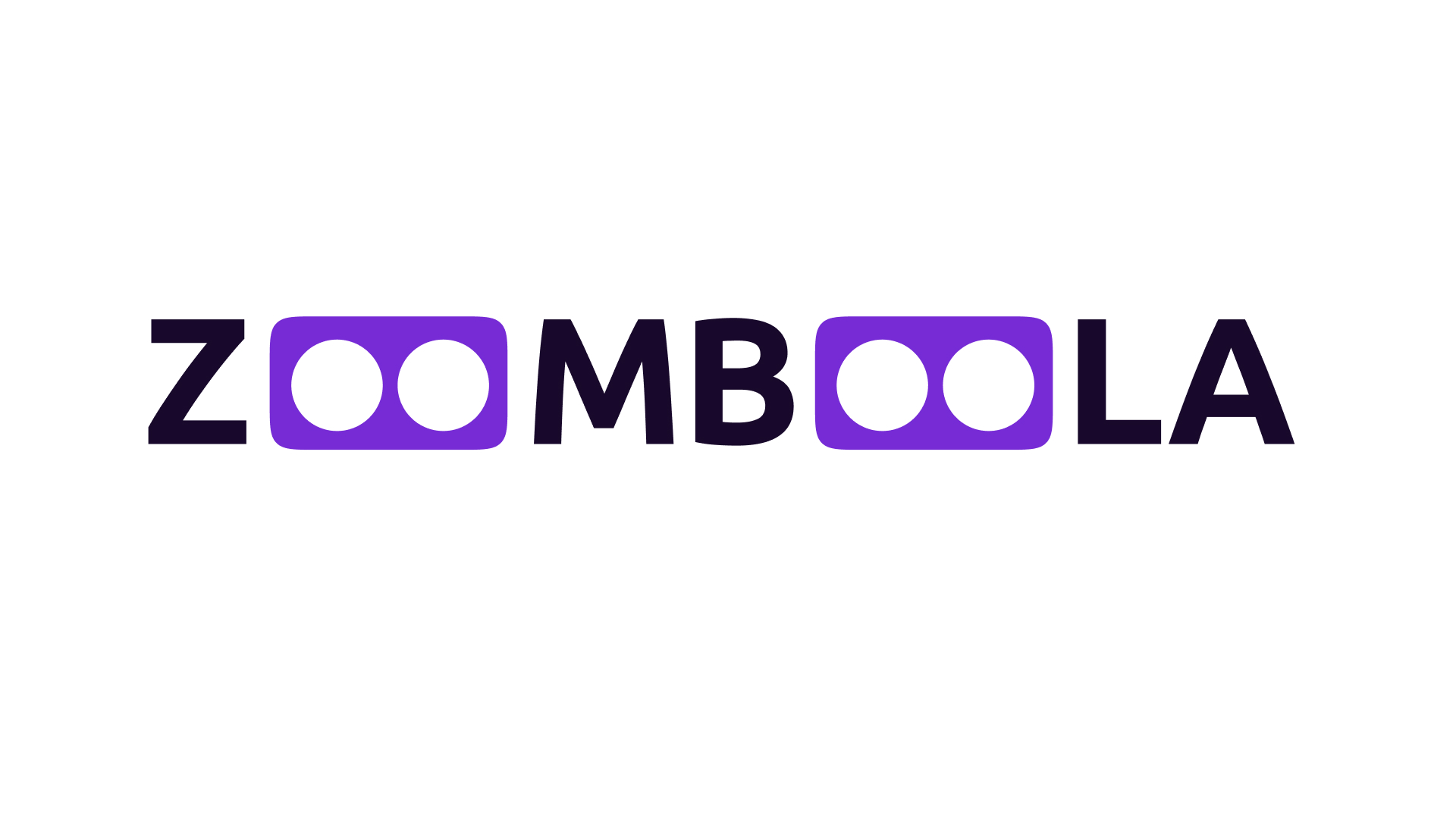


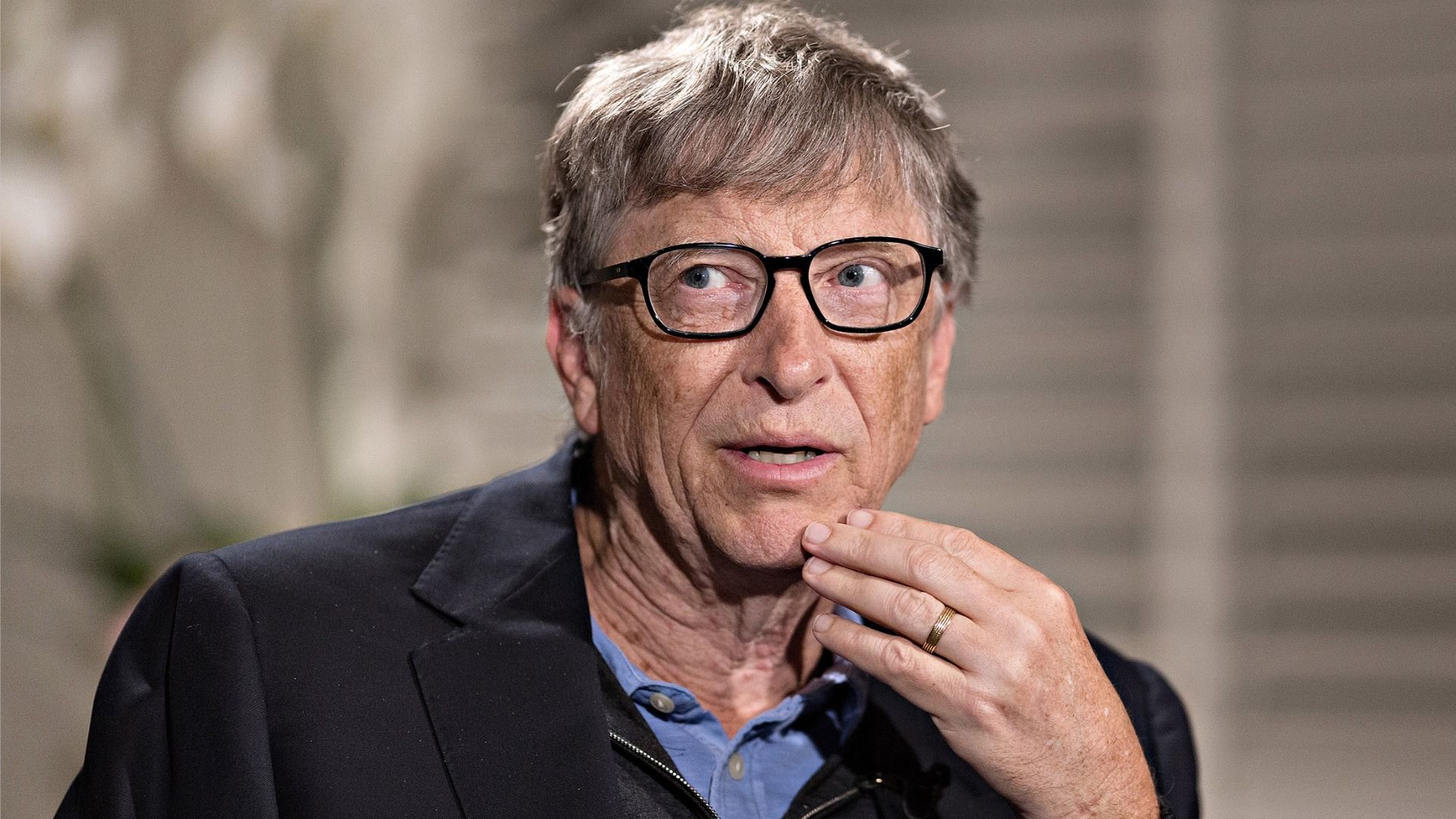
-
Mae Fitzgerald
2021-05-02 08:22:19
-
William Cook
2021-05-01 08:24:54
-
Virginia Lawson
2021-03-26 12:04:15
-
Ryan Lewis
2021-03-25 11:05:19
-
Angel William Miller
2021-02-28 11:59:43
5